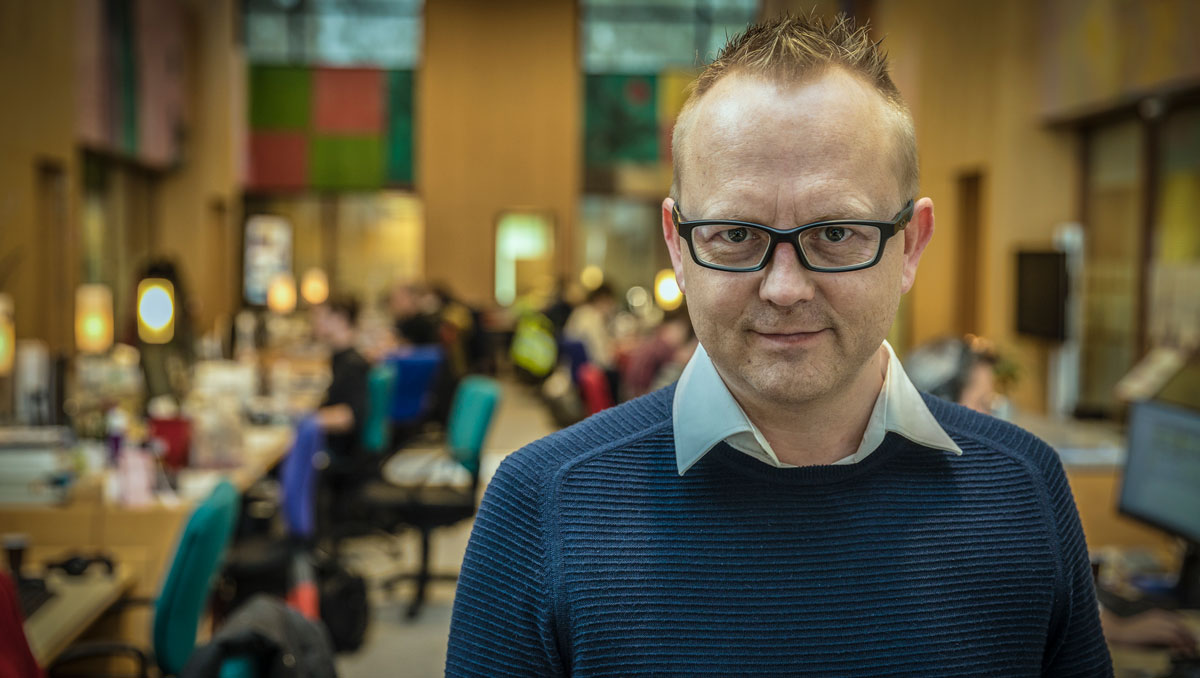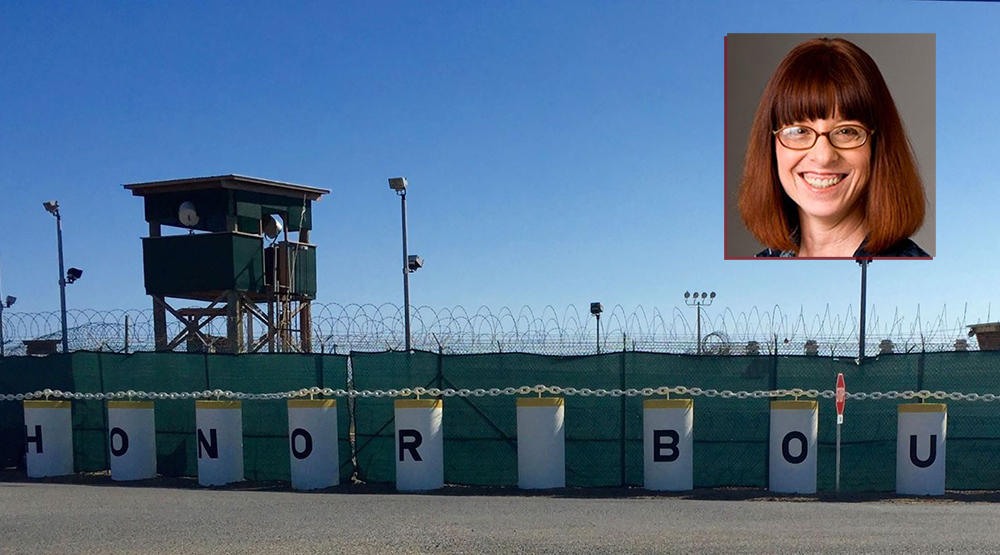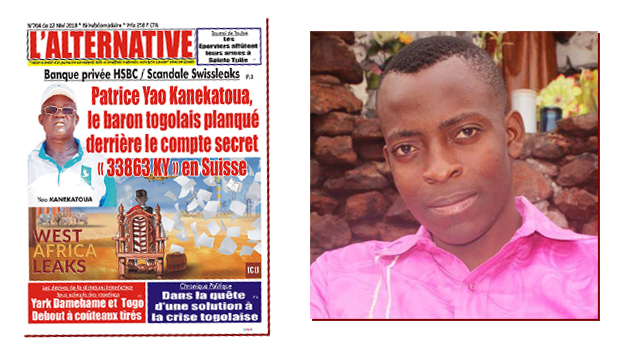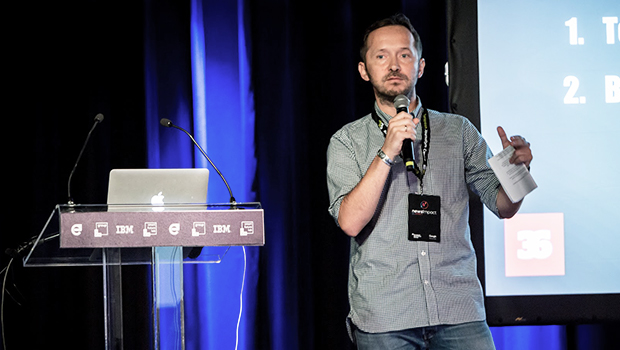ICIJ has hundreds of members across the world. Typically, these journalists are the best in the country and have won many national and global awards.
Our monthly series, Meet the Investigators, highlights the work of these tireless journalists. This month, we speak with Kristof Clerix, an investigative reporter with the Belgian weekly news magazine Knack. Clerix specializes in reporting on security topics including terrorism, intelligence agencies, drug and human trafficking, illegal arms dealing and more, and is regularly contacted by international media to comment on the Belgian security apparatus. Follow him on Twitter here.
A lot of people associate Brussels with the major institutions of the European Union, including the European Commission, but it is also a hub for the intelligence world, which is an area of interest for you. How have you gone about building contacts in this world?
Over 10 years ago, when I started working as a young reporter for a magazine on international affairs, we heard through our network of non-governmental organizations (NGOs) that the Iranian secret services were active in Brussels. I found this such a remarkable rumor. I couldn’t imagine Iranian 007s walking the streets in the heart of Europe.
I started digging deeper, and I found this was unreported territory, strangely enough. Brussels is not only a diplomatic capital but also an espionage capital. It has been since Nato relocated its headquarters from France in 1968, half a century ago.
Eventually, I ended up writing two books on the intelligence world. But in the beginning it was slow, painstaking work — interviews with NGOs, then the Iranian community, then a police officer. He put me in contact with another police officer, and then I got in touch with the parliamentary committee that oversees the Belgian secret services. Eventually, I found myself at a conference where I met my first Belgian spy, and so on.
As I was going about this process, there was a clear symmetry: my methods were very similar to those of the spies I was studying and writing about.
As well as building contacts in the intelligence world, you have spent a long time with open source material. What are the best publicly available sources that can reveal information about the secretive world of espionage?
Many people don’t realize that roughly 80 percent of the information spies are after is actually out there already, in public sources. It’s the same in journalism; we can find a lot of stories by piecing together details from publicly available information, — even if at first sight the stories don’t appear obvious.
In Belgium, close study of legislation and parliamentary records is worthwhile, for example. Further afield, the archives of former Warsaw Pact countries — think of Czechoslovakia, German Democratic Republic, etc. — have become public. From these old papers, I found thousands of pages on the activities of intelligence agencies, mainly during the Cold War, the 1970s and ‘80s. This gave an insight into countries that had been ‘the enemy’ and had sent spies to Brussels to try and find out secret information.
That’s information that’s still relevant today. The job of spying hasn’t changed all that much. The way they recruit sources, try to penetrate networks, etc., is essentially the same tradecraft used during the Cold War. You can argue there is an additional dimension now, with IT and cyber intelligence, but this hasn’t replaced old-school espionage.
After studying these archives, I suddenly found I possessed some documents that even the Belgian secret services hadn’t seen, simply because I took the effort of going to Berlin, Bucharest and Warsaw.
In recent years you’ve become an enthusiastic advocate for journalistic collaboration. Why?
Despite my early reporting focus on the secrecy industry, in recent years I’ve found more and more opportunities coming from cross-border collaborations that involve sharing, open cooperation and trust.
I still like to think of the press as the fourth estate, the watchdog of democracy. But to fulfill this role today, I think it’s best if we work together.
That’s mainly been through the International Consortium of Investigative Journalists on projects such as LuxLeaks, Swiss Leaks, Panama Papers and Paradise Papers. But there have been other joint efforts, too. For example, the MEPs Project, which involves journalists from all European Union member states investigating members of the European Parliament.
This collaborative effort has focused on trying to find out what the members do with their considerable expense allowances. They are entitled to receive a lump sum of €4,342 (just over $5,000) a month as expenses on top of their salaries. It’s a lot of money, but nobody knows what they spend this public money on.
We’ve been studying this question for three years already. We tried freedom of information requests, but the European parliament refused to hand over the relevant documents. The case is now being considered by the European Court of Justice. So let’s see what comes of that.

I still like to think of the press as the fourth estate, the watchdog of democracy. But to fulfill this role today, I think it’s best if we work together.We have to work across borders that divide countries but also sometimes across the dividing lines between competing media organizations. Look at the Belgian ICIJ team: we are three journalists: one from French speaking newspaper, Le Soir (Alain Lallemand), one from financial daily De Tijd (Lars Bové) and then me, from the weekly magazine Knack. We manage to work together very effectively, although we work for three different media organizations. Together we have done more than we could have alone.
You recently wrote an important report about unlicensed exports of restricted chemicals to Syria. How do you deal with stories where the investigation takes you far beyond your home country?
The story was published in April and came just a few days after the United States bombed chemical sites in Syria. Although the publication was timely, in fact the article had been many months in preparation. Again, it involved cross-border collaboration — on this occasion with Syrian Archive, which is a German-based NGO well-connected in the Syrian community.
The investigation started with a lead from the United Nation’s Comtrade database, which appeared to show a chemical called isopropanol might have been shipped by Belgian companies to Syria, despite a European embargo. This chemical has multiple uses but is known to have been used in the manufacture of sarin gas by the Bashir Assad’s regime.
Its export to Syria was supposed to be strictly controlled under an export license regime, but our freedom of information requests showed no such licenses had been issued. Eventually, we discovered that officials were asking questions, too. In fact, customs authorities were prosecuting three companies for not having the requisite export licenses. After we published our investigation in Belgium, within a few hours the story was picked up by media around the world.
Did you ever feel that story wasn’t going to come together? Why didn’t you give up?
For me, the main lesson was perseverance; it took us from May 2017 until April this year to get the story confirmed. Along the way, we just didn’t know if we would ever be able to confirm our hypothesis. But the only way of getting such a story published is by not giving up. You really have to be persistent.



